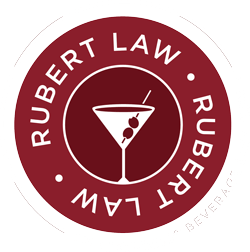The Alcohol and Tabaco Tax and Trade Bureau (TTB) is a part of the U.S. Treasury. As such, they take the collection of taxes just as seriously as the IRS. Thus, alcohol manufacturers like distilleries, breweries and wine producers could face some serious headaches if they willfully or accidentally file fraudulent tax returns or no return at all. Penalties can include:
- Offers in compromise
- Suspensions
- Voluntary surrender
So, those in the alcoholic beverage industry need to understand their tax obligation.
Offers of compromise are the best option
Those who find themselves with large and unexpected tax bills need not panic. Titles 26 and 27 of the United States Code outline offers of compromise between the government and the alleged violator for civil and criminal cases. The TTB is less interested in pressing charges and more interested in getting the money it believes owed. The defendant can negotiate a compromise, ideally, one that allows the business to remain open.
A recent example of a compromise
A New Hampshire distillery did not pay taxes between 1/1/2016 and 8/15/2019. The TTB determined that the distillery owed $240,413.23, which is a substantial amount for any small business. The distillery subsequently offered a compromise to the TTB:
- $15,000 paid immediately
- $60,000 paid in another final lump
According to the court papers, officials determined that it was unlikely that the company could pay the full amount and recommended that the TTB accept the conditions. The distillery would not need to pay the remaining $168,413.23, which translates to a compromise where the distillery paid less than one-third of the initial sum. There is no explanation for why the distillery did not pay its taxes.
Attorneys can help negotiate a viable compromise
It is a very bad idea for alcohol producers to violate the law. It is also not a given that the TTB will accept a compromise. But those who face an excessive tax burden still have options. The first step to resolving tax issues with the TTB is to speak with an attorney who handles alcoholic beverage law. They often can help clients negotiate a workable solution that enables the business to remain open.
